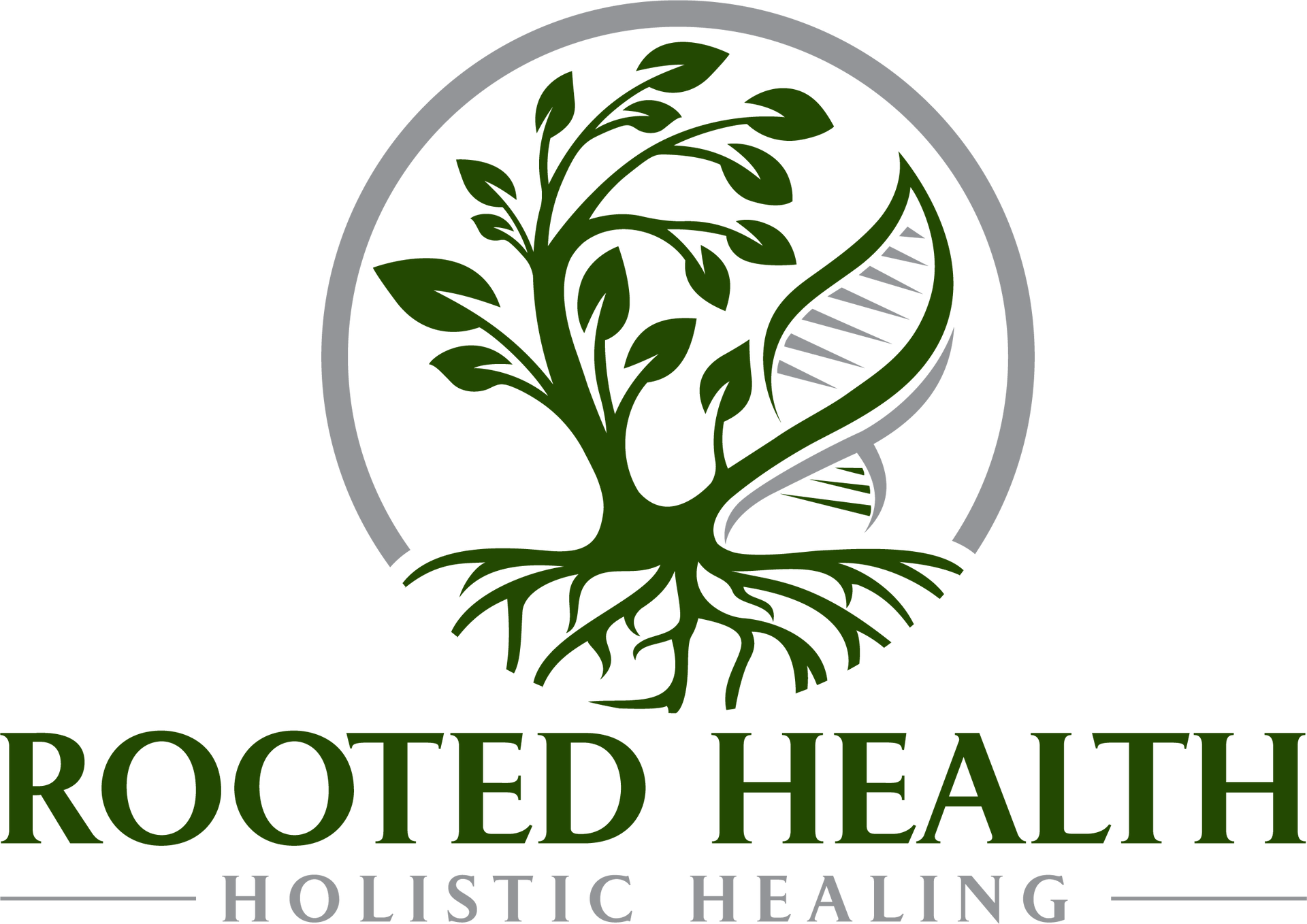FAQs
What is Holistic Medicine?
Holistic medicine is a type of healthcare that focuses on treating the individual as a whole — considering physical, emotional, mental, and spiritual factors — rather than just addressing specific symptoms or illnesses. It recognizes that all these aspects are deeply interconnected, influencing overall health and well-being.
In holistic medicine, practitioners aim to uncover and address the root causes of health issues, often using a blend of traditional medical practices and complementary therapies like nutrition, acupuncture, herbal medicine, mindfulness, and lifestyle adjustments. This approach not only seeks to relieve symptoms but also promotes long-term wellness by encouraging a balanced, healthy lifestyle.
Holistic medicine emphasizes prevention, natural healing, and patient-centered care, empowering individuals to actively participate in their healing process. By addressing all areas of a person’s life, holistic medicine fosters a more comprehensive path to achieving and maintaining optimal health.
Does Rooted Health accept Insurance?
Yes certain insurances are now accepted! Payments not covered by insurance is the patient's responsibility.
Who can benefit from holistic health practices?
Holistic health can benefit anyone looking to improve overall wellness, manage stress, and address chronic conditions in a more integrated way. People with conditions like chronic pain, anxiety, digestive issues, and sleep disturbances often find holistic practices beneficial.
Can I use holistic treatments alongside conventional medicine?
Yes, many holistic approaches complement conventional treatments well. However, it’s essential to inform both your holistic and conventional providers to ensure safe and effective care coordination.
Are holistic health practices safe?
Many holistic practices are safe, especially when guided by trained professionals. However, not all treatments are appropriate for everyone. It’s crucial to discuss your medical history and any current treatments with your practitioner
How many sessions will I need?
The number of sessions varies depending on the individual's health goals and needs. Some clients see significant improvements in a few sessions, while others benefit from ongoing support over several months.
What should I expect during my first consultation?
The first consultation is often in-depth, covering your medical history, lifestyle, diet, and emotional well-being. This helps the practitioner develop a personalized plan that addresses your unique needs.
What is the role of diet and nutrition in holistic health?
Diet is a cornerstone of holistic health, as nutrition significantly impacts energy, mood, and physical health. A holistic practitioner may provide dietary recommendations to support your specific health goals.
What if I don’t see immediate results?
Holistic health often focuses on long-term wellness, and results can vary. Some changes, like stress reduction or improved energy, may be felt soon, while other improvements, such as chronic pain relief, may take more time and consistency.
